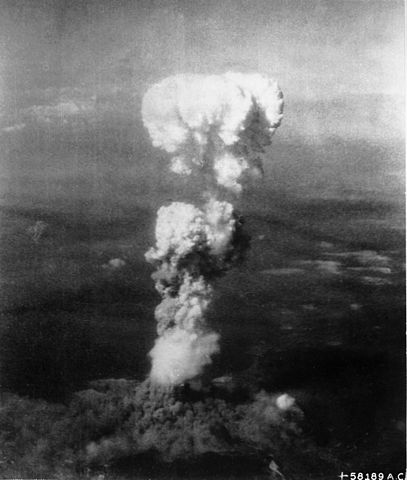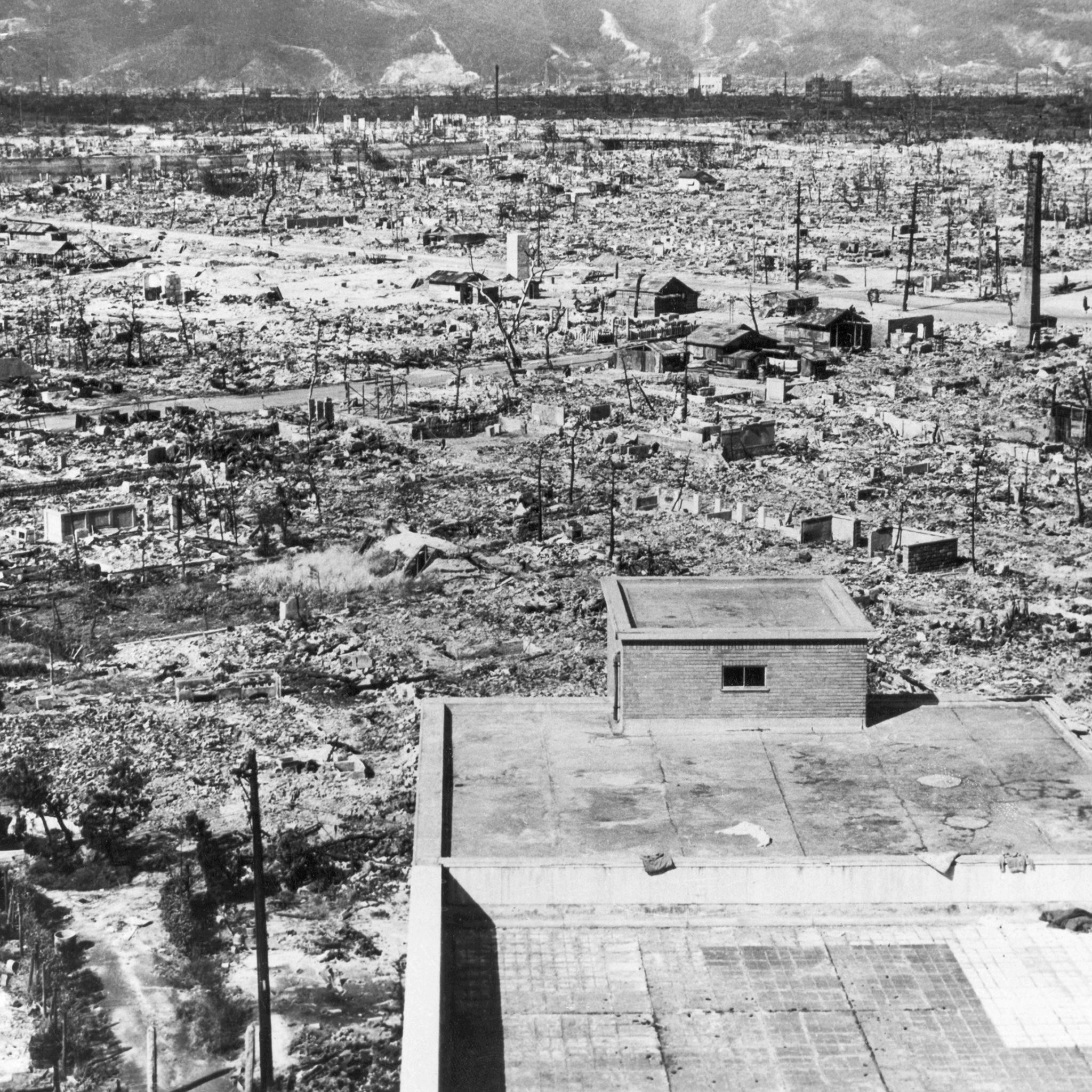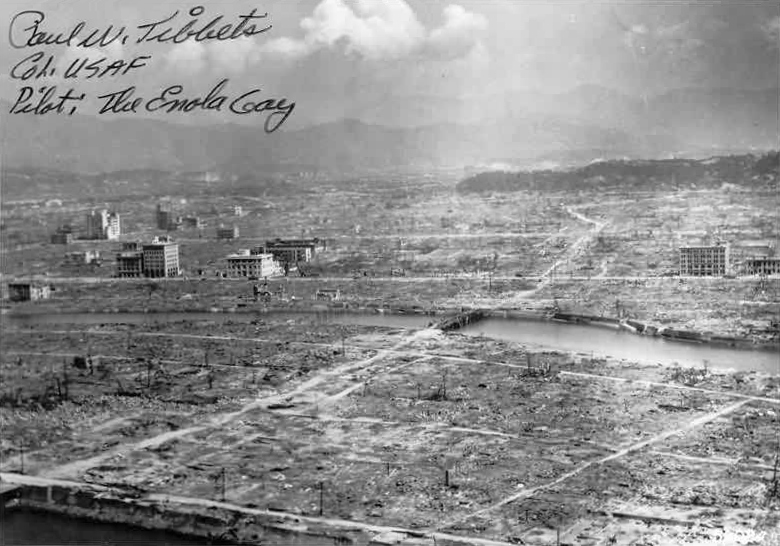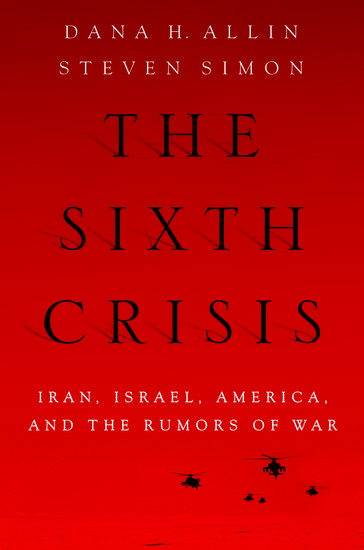By Professor Louis René Beres and General John T. Chain (USAF/ret.)
In world politics, irrational does not mean “crazy.” It does mean valuing certain goals or objectives even more highly than national survival. In such rare but not unprecedented circumstances, the irrational country leadership may still maintain a distinct rank-order of preferences. Unlike trying to influence a “crazy” state, therefore, it is possible to effectively deter an irrational adversary.
Iran is not a “crazy,” or wholly unpredictable, state. Although it is conceivable that Iran’s political and clerical leaders could sometime welcome the Shiite apocalypse more highly than avoiding military destruction, they could also remain subject to alternative deterrent threats. Faced with such circumstances, Israel could plan on basing stable and long-term deterrence of an already-nuclear Iran upon various unorthodox threats of reprisal or punishment. Israel’s only other fully rational option could be a prompt and still-purposeful preemption.

Additionally, because of the prospect of Iranian irrationality, Israel’s military planners will have to identify suitable ways of ensuring that even a nuclear “suicide state” could be deterred. Such a perilous threat may be very small, but, with Iran’s particular Shiite eschatology, it might not be negligible. And while the probability of having to face such an irrational enemy state would probably be very low, the disutility or expected harm of any single deterrence failure could be very high.
Israel needs to maintain and strengthen its plans for ballistic missile defense, both the Arrow system, and also Iron Dome, a lower-altitude interceptor designed to guard against shorter-range rocket attacks from Lebanon and Gaza. These systems, including Magic Wand, which is still in the development phase, will inevitably have leakage. It follows that their principal benefit would ultimately lie in enhanced deterrence, rather than in any added physical protection.
A newly-nuclear Iran, if still rational, would need steadily increasing numbers of offensive missiles in order to achieve a sufficiently destructive first-strike capability against Israel. There could come a time, however, when Iran would be able to deploy more than a small number of nuclear-tipped missiles. Should that happen, Arrow, Iron Dome and, potentially, Magic Wand, could cease being critical enhancements of Israeli nuclear deterrence.

In such unprecedented circumstances, Israel’s leaders would need to look closely at two eccentric and more-or-less untried deterrence strategies, possibly in tandem with one another. First, these leaders would have to understand that even an irrational Iranian leadership could have distinct preferences, and even hierarchies of preferences. Their task would be to determine precisely what these particular preferences might be (most likely, they would have to do with certain presumed religious goals), and how these preferences are apt to be ranked in Tehran.
Second, Israel’s leaders would have to determine the likely deterrence benefits of their own pretended irrationality. An irrational Iranian enemy could be less likely to strike first if it felt Israel’s decision-makers were irrational themselves. Years ago, General Moshe Dayan, then Israel’s Minister of Defense, said: “Israel must be seen as a mad dog; too dangerous to bother.” Here, Dayan revealed an intuitive awareness of the possible benefits to Israel of feigned irrationality.
There is a prior point. Before Israel’s leaders can proceed with any usable plans for deterring an irrational nuclear adversary, especially Iran, they must first be convinced that this adversary is, in fact, genuinely irrational, and not merely pretending irrationality.
The early sequencing of this vital judgment cannot be overstated. Because all specific Israeli deterrence policies must be premised upon the presumed rationality or irrationality of nuclear enemies, determining precise enemy preference and preference-orderings should become the very first phase of strategic planning in Tel-Aviv.

Soon, facing the prospect of a nuclear Iran, Israel must select refined and workable options to deal with two separate but interpenetrating levels of danger. Should Iranian leaders be judged to meet the usual tests of rationality in world politics, Israel will have to focus upon reducing its nuclear ambiguity, on taking its bomb out of the “basement,” and on operationalizing a retaliatory force that is adequately hardened and dispersed. This second-strike nuclear force should be recognizably ready to inflict “assured destruction” against identifiable enemy cities.
Where Israel’s leaders determine that they may have to deter an irrational enemy leadership in Tehran or elsewhere, they will also have to consider the possible strategic benefits of appearing as a “mad dog,” or a strategy of pretended irrationality. Together with any such consideration, both Jerusalem and Tel-Aviv, civilian leadership and military, will need to determine what exactly is valued most highly by Israel’s pertinent enemies, and then prepare to issue fully credible threats to these core enemy preferences.
Whether Iran’s leadership is expected to be rational or irrational, Israel will need to continue with its expanding programs for cyber-defense and cyber-war.
Perhaps a nuclear Iran can still be prevented by preemption. But in the more likely absence of any remaining options for “anticipatory self-defense,” Israel’s best available stance will be to effectively deter an already-nuclear Iran. To succeed, Israel’s leaders will first have to determine whether their adversaries in Tehran are rational, irrational, or “crazy.”
Louis René Beres (Ph.D., Princeton, 1971) is Professor of Political Science and International Law at Purdue University. The author of many major books and articles in the field, he was Chair of Project Daniel (Israel).
John T. Chain (USAF/ret.) was Commander-in-Chief, U.S. Strategic Air Command (CINCSAC), and Director, Joint Strategic Target Planning Staff. General Chain has also served as Chief of Staff, Supreme Headquarters Allied Powers Europe, and as Director, Bureau of Politico-Military Affairs, U.S. Department of State.
For further reading on Iran, we recommend The Sixth Crisis: Iran, Israel, America, and the Rumors of War. View more about this book on the ![]()
![]()



There is little of value I could add to Professor Beres’s astute analysis,particularly since he is a world class expert on nuclear strategy.
Nevertheless, I would be remiss in failing to point out what should be obvious to all.The 11th hour prognostications,(from policy wonks all over the world) re Iran’s Hitlerite regime, would be a moot subject if President Bush and PM Sharon heeded Professor Beres’s policy prescription contained in ‘Project Daniel’.
There are very few people of substance who are not familiar with its basic recommendations, of which pre-emption was shown to be an entirely lawful and viable option.
Fast forward 8/9 years later. Due to the grave failures in leadership,(from Jerusalem and Washington) Israel is currently facing options which range from absolutely grave to decidedly catastrophic.
History will record a devastating indictment of those who could have stopped Iran’s genocidal/regime in its tracks, but failed to step up. Statesmen would have acted otherwise.
On the other hand, history will prove that ‘Project Daniel’ was more than just another policy paper filled with strategic recommendations. It will be placed among one of the most important missed opportunities of this generation.
A tragedy that could have been averted, but most likely won’t be.
@Adina Kutnicki:
It strikes me as distinctly *unhelpful* to toss off a throwaway reference to “Iran’s Hitlerite regime” in what needs to be a clear and careful discussion about the current situation with that country. Such rhetoric really only serves to inflame the discussion, without adding anything of real substance. The threat of a nuclear Iran needs to be met — with thought, discussion, and action — on its own terms.
“… a newly-nuclear Iran could decide to share some of its fissile materials and technologies with assorted terrorist groups, [but] the harms suffered from any such instances of nuclear terror would probably be less overwhelming.”
There’s a spectacular bit of hand-waving for you: let’s just not worry about losing a city or two. And if a terrorist bomb erases Tel Aviv and/or New York, and we can’t immediately trace it back to Iran (especially after the post-Iran-bomb round of proliferation) – then what do we do? Investigate for a week or two and THEN nuke Teheran? In any case, it boils down to an altogether possible religious strategy for the ayatollahs: precipitating an all-out war for survival between Islam and the infidels.
dear sirs,
i suspect that your knowledge of israeli politics and strategy is not as good as it should perhaps should be. we were assigned this last year; you may wish to read part 2:
http://www.tandfonline.com/doi/abs/10.1080/13600826.2011.577031
[…] Oxford University Press: https://blog.oup.com/2012/02/israel-iran-nuclear/ […]